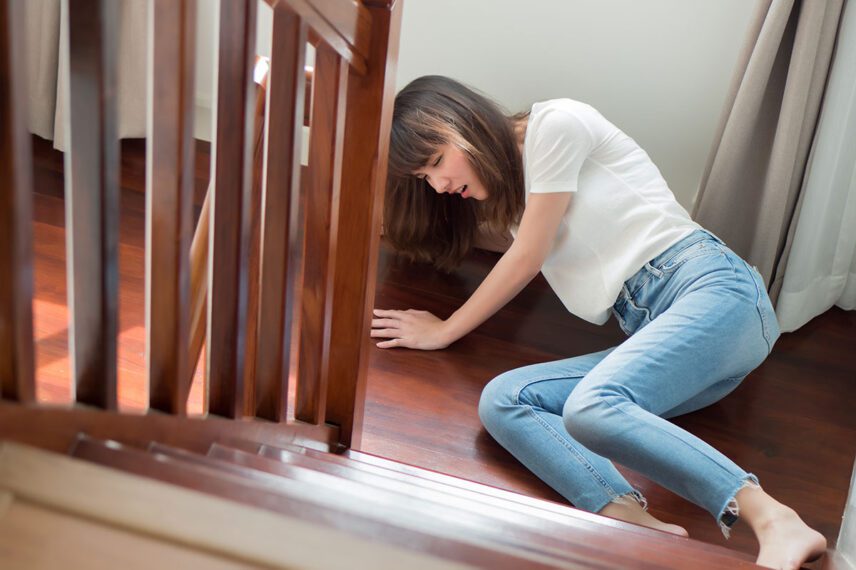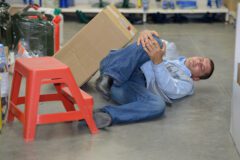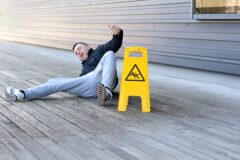Premise Liability and What it Means for You

Premise liability refers to the responsibility a property owner has concerning their property. Property owners of businesses, stores, etc., have a duty to anyone who comes onto their property to keep it safe. If they do not fulfill this duty, they are considered by law to be in breach and liable for damages or any injuries that result from this.
What Qualifies as a Premise Liability Case?
If you were walking around your neighborhood and were attacked by a dog, or you slipped and fell because of a broken handrail in a store, or your child dove into the shallow end of an unsupervised pool, injuries from any of these examples would qualify as a premise liability case.
Slip and fall accidents might be the most common and well-known type of premise liability case. They involve injuries that result from hazardous conditions at a store or business.
How Do You Win a Premise Liability Case?
Premise liability is a type of personal injury case, so it requires you to show that the property owner owed you a duty of care, they breached that duty by negligence or omission, and you suffered an injury as a result. In South Carolina, any person with reasonable permission to be on a property is owed a duty by the property owners. For example, if a customer at a public store is injured, the store owner does have a duty of care. However, suppose you are injured after trespassing on private land. In that case, you will be less to win a premise liability case because it is challenging to show that the property owner owed any duty of care.
What Is A Negligent Act Or Omission?
To win a premise liability case, a negligent act or omission must be committed by the property owner. In the above example, if caused by a broken handrail, the negligent act would be that the property owner did not fix or replace the faulty handrail that led to the injury. A broken handrail is not enough in and of itself to prove negligence—you must show that the property owner created the hazardous condition, that they knew about it or should have known about it, and that they did nothing to fix the situation.
Finally, you must prove that the injuries you suffered directly resulted from the property owner’s negligence. This can be easy or difficult to prove, depending on the circumstances.
Final Thoughts
In some cases, the property owner might try to argue that your injuries were pre-existing or not the result of negligence on their part. In these circumstances, hiring an attorney to handle your premise liability case is best.
Even if the details seem cut and dry, problems arise that require expert legal help. An attorney can also help you maximize your settlement so you receive the best compensation possible.






